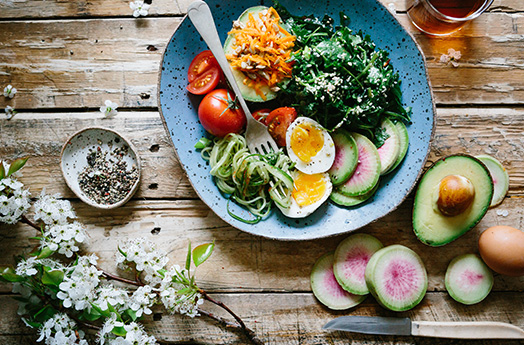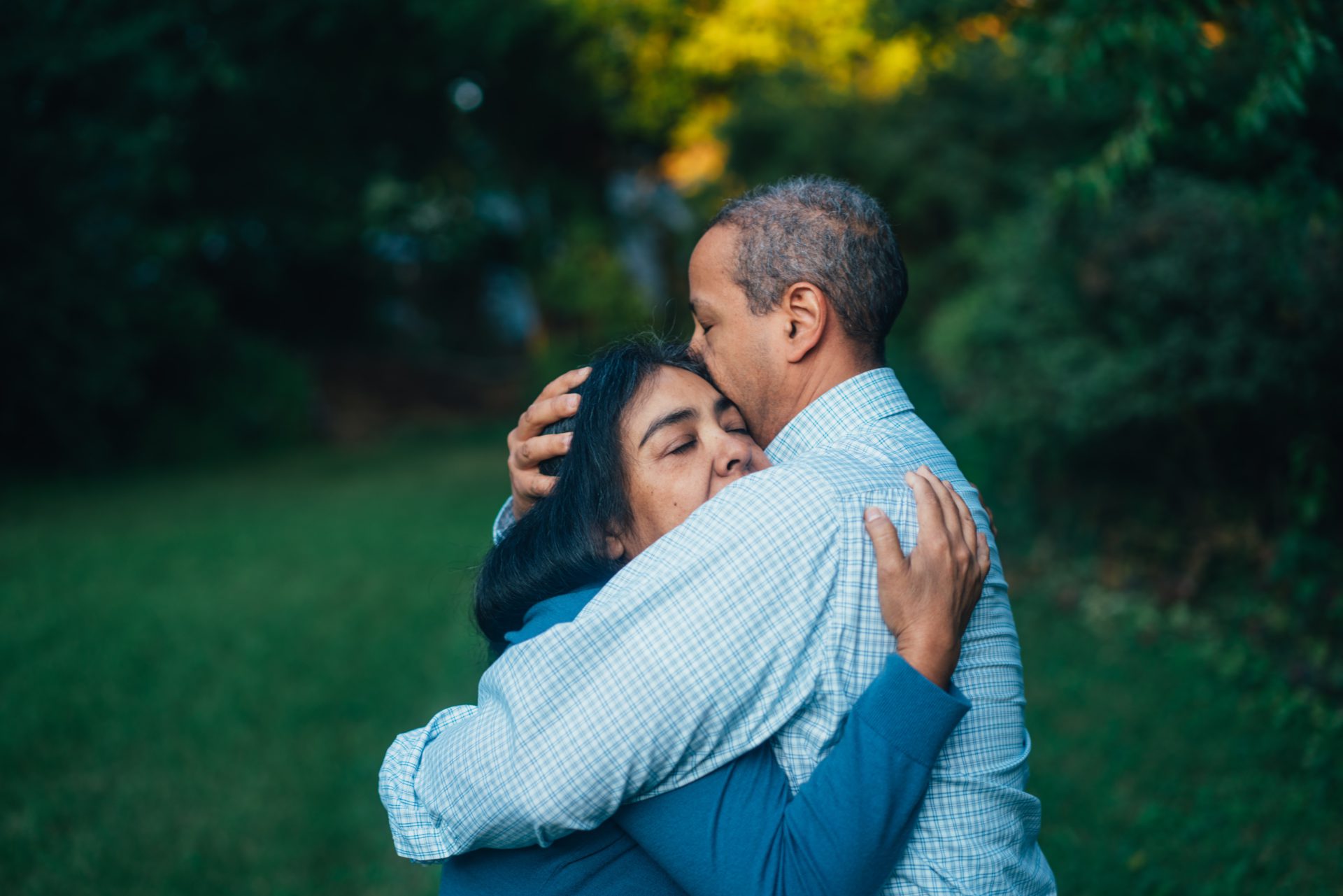In 2020, Collins Dictionary selected “lockdown” as its word of the year. Merriam-Webster went with “pandemic”, the Australian National Dictionary chose “iso” – an abbreviation of “isolation” – and the Oxford English Dictionary, instead of choosing a single word, issued a 38-page report analysing the use of dozens of words, including “coronavirus”, “doomscrolling”, “social distancing” and “systemic racism”.
Reflecting on the past 18 months, if I had to choose a single word that encapsulates the shared experience of billions of people around the world, that word would be “resilience”. The Oxford Dictionary defines it as “the capacity to recover quickly from difficulties; toughness. The ability of a substance or object to spring back into shape; elasticity”. It’s that quality that allows us to overcome challenges, obstacles, hardship and adversity, instead of being defeated by them.
Resilience is the quality that was summoned in us by all the challenges of 2020-2021. And it’s also the quality that will carry us forward into 2022.
Resilience is often spoken about – including in the Oxford Dictionary definition – in terms of navigating or simply getting through challenges. But the key part of resilience isn’t about bouncing back – it’s about bouncing forward. It’s about using adversity as a catalyst to get better and become stronger.
Of course, we’ve always needed resilience. But what we’ve learned over the past 18 months, at both the individual and collective levels, is that at a time of so many losses and such deep uncertainty and anxiety, we simply can’t do without it. Our challenges won’t end when the pandemic does, but resilience is our immune system for life. Just as with our body’s immune system, the hostile agents are always there and always coming at us. Resilience allows us to tap into deeper resources in ourselves we didn’t even know we had, not just to overcome obstacles but to be transformed by them.
Certainly it’s not hard to see the urgent need this year for resilience. In response to the Delta COVID-19 variant outbreak, the states of Victoria and New South Wales have experienced months of extended lockdown and economic fallout. In Victoria’s case, this came on top of the already gruelling restrictions of 2020. Lifeline reported Australians reaching out for help in record numbers, with the crisis support service on track to declare 2021 the busiest year in its 57-year history.
These are depressing numbers, but an important thing to remember is that though our need for resilience is endless, so is our capacity for it. It’s not a finite resource, or a quality we are born with that we cannot develop later in life. But as Norman Garmezy, a psychologist at the University of Minnesota and a pioneer in studying resilience, found, there are “protective factors” that make some people better able to handle adversity than others. Indeed, Emmy Werner, a researcher at the University of California, Davis, followed high-risk children for 32 years and found that the resilient children, even as toddlers, “tended to meet the world on their own terms”. However, as Maria Konnikova wrote in The New Yorker, “some people who weren’t resilient when they were little somehow learned the skills of resilience. They were able to overcome adversity later in life and went on to flourish as much as those who’d been resilient the whole way through”.
So the power to build resilience is within us; just as we can learn other skills through practice, we can teach ourselves to be more resilient. “We can make ourselves more or less vulnerable by how we think about things,” George Bonanno, a clinical psychology professor at Columbia Teachers College, said. “Events are not traumatic until we experience them as traumatic.” Or, as Montaigne put it, “There were many terrible things in my life, but most of them never happened”.
Though the science unpacking the psychological and neural mechanisms of resilience may be recent, in many ways it’s confirming a concept that’s been at the heart of spiritual and philosophical traditions for millennia. In the Bible, we’re told that “God gave us a spirit not of fear, but of power and love”. Lao Tzu, the 6th century B.C. founder of Taoism, taught us that “if you correct your mind the rest of your life will fall into place”, and that “knowing others is knowledge, knowing yourself is wisdom”, while in the Bhagavad Gita, we’re reminded that “happiness arises from the serenity of one’s own mind”.
Stoic philosophers understood this well. As they have taught us, while we can’t control what happens in the external world, we do have control over our inner world and how we respond. For Epictetus, this meant that “men are disturbed not by the things which happen, but by the opinions about the things”. In other words, do we see crises solely in terms of the havoc they have wrought, or also as opportunities to get stronger and grow?
Science has confirmed everyday ways to nurture our resilience through sleep, taking time to unplug and recharge, gratitude, social connection and the belief in something larger than ourselves. We call these Microsteps – small, incremental actions we can take that will have both immediate and long-lasting benefits to the way we live our lives.
This has been a tragic and tumultuous period for so many – a period of so many losses and so much grief. And yet, what the science and wisdom of resilience show us is that, as horrible as this time has been, the long-term impact on both our individual and our collective lives is not predetermined as a society is not fixed. This has been a period in which we’ve learned what we need and what we don’t need, what adds value to our lives and makes us stronger, and what depletes us.
By tapping into those parts of our lives that many of us were ignoring or not tending to before the pandemic, we can nurture our resilience and create a new normal for 2022 – one that’s not simply going back to the pre-pandemic status quo, but one that’s a better normal. It’s our resilience that offers us a chance at true transformation, allowing us to go deeper, connect with what we truly value, grow and expand.
Six Microsteps you can take to build your resilience include:
Further reading
Unlock your people’s potential today
Enter your details to stay up to date with the latest news events and program updates.












